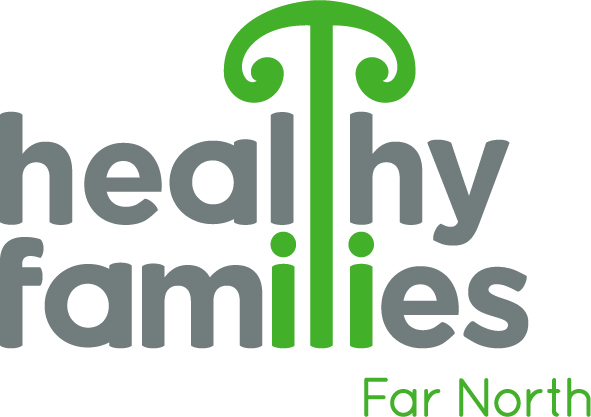Ko ngā pae tawhiti whāia kia tata, ko ngā pae tata whakamaua kia tina. The potential for tomorrow depends on what we do today.
A sports initiative encouraging intergenerational play has hit home for whānau and iwi in the Far North, with the inaugural Rohe Wars (Village Games) wrapping up at Te Rangi Āniwaniwa on Saturday.
The new pilot series led by Native Sports Performance was designed to provide new opportunities for Far North communities to connect and play, drawing inspiration from the Māori Pā Wars to strengthen whanaungatanga and healthy lifestyles.
With sports events being hit hard due to Covid-19, founder Rawinia Everitt said it’s been exciting to see whānau and iwi come together again.

“First and foremost, this was built for whānau. Seeing the smiles on the kids’ faces, the laughs from mums, dads and grandparents, that’s what makes this all worth it for me,” she said.
“To have our rohe take the lead and host has been really special as well, because it’s our culture, our Māoritanga that’s at the heart of it.”
Ngāti Rēhia were crowned the inaugural champions of the series, after winning overall points in different sport codes or games set by mana whenua – including the popular traditional Māori game, Kī-o-Rahi.
The rōpū take home bragging rights and the “King’s trophy” - a waka ama paddle gifted by one of Aotearoa’s most successful families in the sport, the King whānau.

Lyvonne Waipouri of Muriwhenua said the Village Games have helped build whanaungatanga amongst whānau and hāpū from all over the motu.
“It’s been really awesome, especially when you compare the first games when we were all strangers to now... we’re all sitting around like one big family,” she quipped.
“One thing I’ve noticed is how our kids are wanting to join and help out other teams as well, so it’s been really cool to see them build those connections and relationships with other whānau here.”
Waipouri said whether she was playing alongside her sister, or cheering on her son and nephew, being able to come together as part of one rōpū has been special.

“It’s not like your normal Saturday mornings where you’ve got your kids playing over here, and then the adults playing somewhere else in the afternoon or the next day. We’re all here together.”
“This whole kaupapa has been awesome for everyone and it’s something I’d definitely like to see more of in the future.”
Healthy Families Far North has been working alongside Native Sport Performance to understand what it takes to create safe ways to play and gather in red light settings for rural communities.
Rawinia Everitt who joined Healthy Families Far North as a Systems Innovator earlier this year, said while there was hesitancy to go ahead because of the uncertainty with Covid and traffic light settings, it was important to adapt so whānau could remain active.

“I think initially there was some fear about doing this and what it looked like because it’s an unknown territory, we’re learning to adapt to life with Covid-19 and so what that looks like for Māori is very new.”
“But we’re trying new things and we’re finding what works, and I think overall it’s been a positive experience for everyone.”
Māori Systems Innovator Elizabeth Motu said the Games have highlighted what works for Māori, in Māori settings.
“It hasn’t just been about playing sport and winning points, it’s really showcased our love for our culture,” she said.

“It’s created banter, competitiveness and creativity, but most importantly it’s showed that we’re all connected and that everyone has a place.”
“We’re always talking about the barriers we face when it comes to doing things, especially living rurally. We know opportunities are scarce, but it’s exciting to see these rohe, iwi and whānau changing the narrative.”
